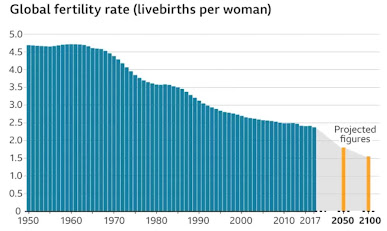But are they? And do we really? Self-evident truths are hard to come by these days and for that matter, glorious as the words may sound, even at the time they were written they were a flight of fancy more than a claim of fact.
Jefferson was writing these lines and the ones to follow at the height of the Enlightenment and they reflected the fairly revolutionary idea that human beings should not be put into categories based on birth or station, and that governments should be created in support of these values. These concepts, already well established among enlightenment illuminati, signaled the eventual end of absolutist monarchy, a fixed aristocracy and a peasant class. But Jefferson's pithy construction is hardly a definitive description and it raises more questions than it answers.
All men are created equal. It sounds like it should be true, but is it? Is it a self-evident truth? Some men are created with good health, some with infirmities. Some are gifted with intelligence, some not. Some are physically talented, some are totally uncoordinated. Some are born amidst wealth and parental love, some in poverty and abuse. Not very equal I’m afraid.
But perhaps Jefferson didn’t really mean ‘created equal’. Perhaps he just meant that they should all have the same ‘unalienable rights’, among which are ‘life, liberty and the pursuit of happiness’.
Since anyone born is by definition living, the right to life is a given. I suppose that Jefferson meant that one’s life should not be taken. That is fairly self-evident, yet society takes life from people quite frequently through wars, capital punishment and neglect. However, there is no doubt that Enlightenment thinking and Jefferson’s claim heralded a more enlightened view of one’s right to live without others controlling that right.
The right to liberty is more complex, and I would say, not very self-evident at all. One man’s liberty may be another’s torment. If the person in the apartment above me plays ear-splitting music day and night and claims that he should have the liberty to do so, then my liberty to live in tranquility is certainly severely compromised. Liberty and freedom are continuums with compromises required from all parties to make the whole thing work.
That Jefferson was imagining a liberty from excessive government, taxation, monarchical fiat and other societal rules and controls is clear, but to say that we are born with the right of liberty is a fairly simplistic statement for a rather nuanced concept.
But how about the pursuit of happiness? Is that right self-evident? Isn’t the pursuit of happiness firmly imprinted in our DNA? I suspect that Jefferson was saying that our right to pursue happiness should not be unduly constrained or thwarted by external entities such as governments or societies. But what government believes that is NOT allowing citizens to pursue their happiness? Pursuit of happiness is simply a subset of liberty, and we know that is not an easy thing to describe in absolute terms.
The factory owner who pursues his happiness by keeping wages low for his workers and imposing harsh working conditions and 60 hour work weeks is not contributing to the pursuit of happiness for his or her workers. Whose pursuit of happiness is more valued? Pretty quickly we run into the question of larger social compacts, greater good and the calculus of general prosperity.
So ultimately, for all of their lofty eloquence, these sacred lines of our declaration of independence are more fluff than substance, more form than content. They are useful for stimulating our quest for a better world and they provide a romantic aura around our founding principles, but they are hardly a blueprint for government or society. Nothing in human relations is simple.



